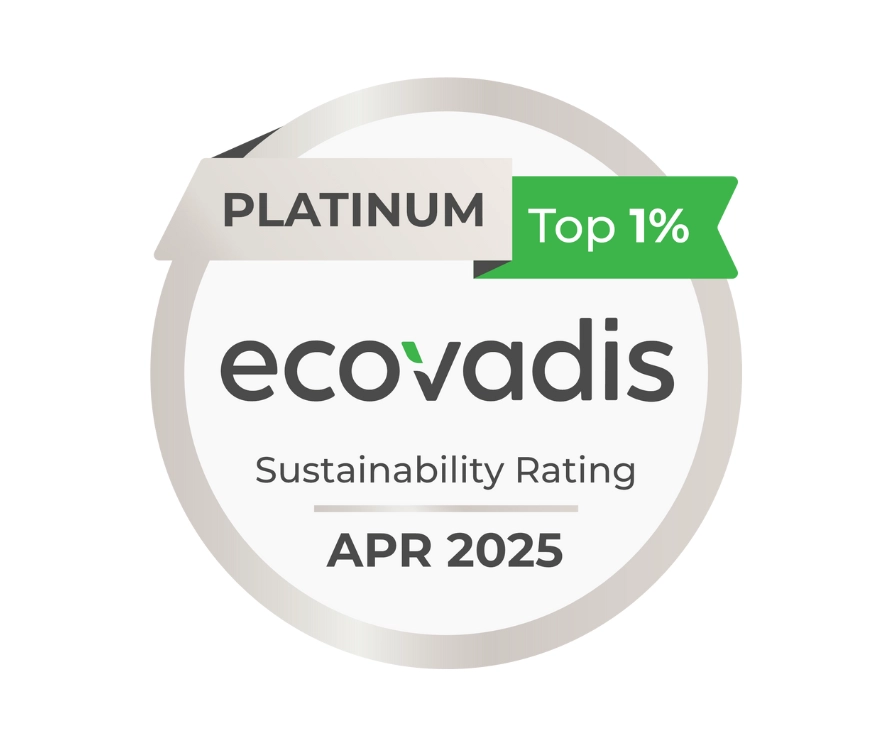In an era marked by unprecedented global challenges, businesses are increasingly recognizing the imperative to go beyond profit margins and embrace a broader commitment to Environmental, Social, and Governance (ESG) principles. This paradigm shift towards sustainability, now with a focus on waste management, is not just a moral obligation; it’s a strategic imperative for long-term success in a rapidly changing world.
Navigating the ESG Landscape with Waste Management
The foundation of a sustainable business lies in its ability to effectively manage its ESG factors, with a specific emphasis on waste-related considerations.
Environmental: Focusing on minimizing environmental impact through waste reduction, efficient resource use, and adoption of clean technologies is not only critical for the planet but also an avenue for operational efficiency and cost savings. Social: Integrating waste management into social welfare initiatives encompasses fostering inclusive workplaces, ensuring fair labor practices, and addressing waste-related challenges in the supply chain. A company’s commitment to social causes, including responsible waste management, directly impacts its reputation and brand loyalty. Governance: Transparent and accountable governance, including measures to address waste-related disparities, is the bedrock of trust and stability. Robust governance structures not only safeguard against risks but also signal to stakeholders that the company is committed to integrity, ethics, and compliance.
The Business Case for Sustainability with a Focus on Waste Management
Sustainability, now integrated with waste management initiatives, is not a mere ethical stance; it’s a powerful catalyst for business growth and resilience.
Risk Mitigation: Proactively addressing waste-related ESG risks can prevent costly regulatory fines, reputational damage, and business disruptions. Companies with robust waste management practices are better equipped to navigate unforeseen challenges. Innovation and Efficiency: Embracing sustainability and waste management often leads to innovation, driving the development of new products, services, and business models. It fosters a culture of efficiency, spurring cost savings and competitive advantages. Stakeholder Engagement: Meeting the expectations of a diverse set of stakeholders, including those with concerns related to waste issues, is paramount. Demonstrating a commitment to ESG principles, with a focus on responsible waste management, can strengthen relationships and foster loyalty.
Integration of ESG and Waste Management into Business Strategy
ESG and waste management should be integrated seamlessly into the core of a company’s strategy and operations.
Setting Clear Objectives: Define measurable ESG and waste management goals aligned with the company’s overall mission. These objectives should be realistic, time-bound, and relevant to the industry. Engagement with Stakeholders: Actively engage with stakeholders, including those advocating for responsible waste management, to understand their concerns and expectations. This feedback loop is vital in refining ESG and waste management strategies and demonstrating transparency. Continuous Monitoring and Reporting: Implement robust monitoring mechanisms to track progress towards ESG and waste management goals. Regular, transparent reporting ensures accountability and builds trust with stakeholders.
Conclusion
Embracing ESG and sustainability, with a dedicated focus on waste management, is not merely a trend; it’s a strategic imperative that positions businesses for long-term success and resilience in an ever-changing world. By proactively managing ESG factors, now with an emphasis on responsible waste management, companies not only contribute to a better future but also secure their own viability in an increasingly interconnected and conscious global economy.




















